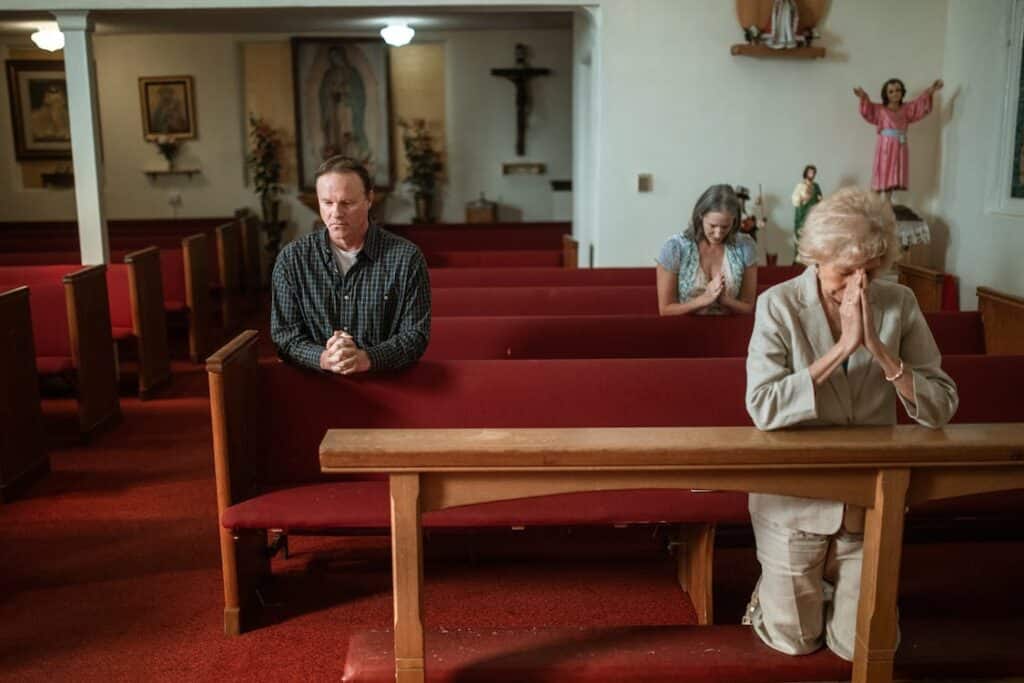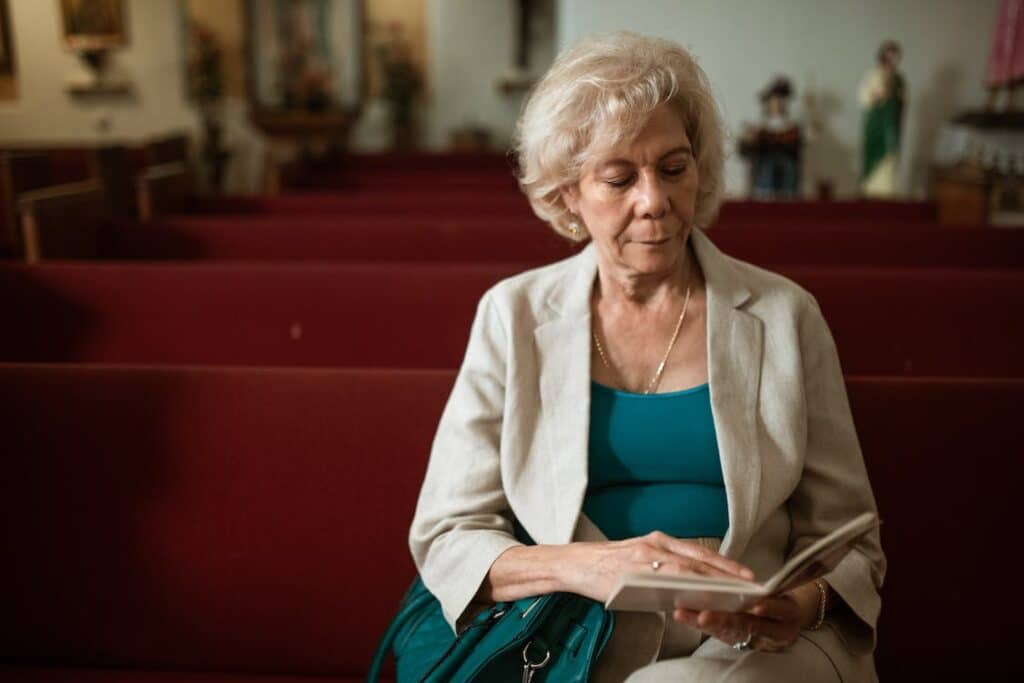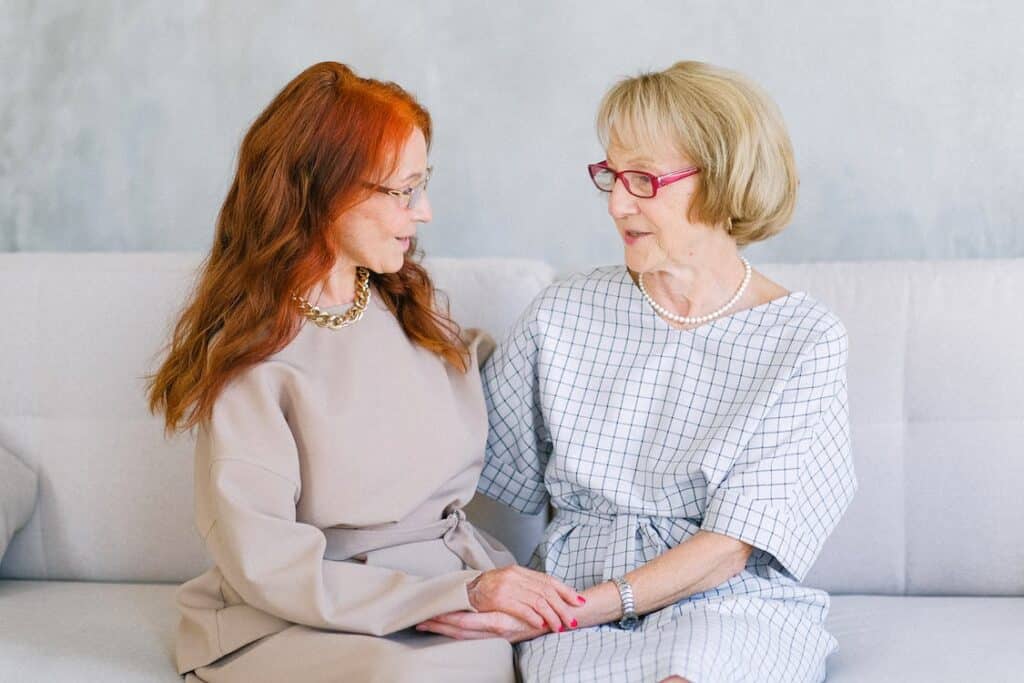Embracing Spirituality in Assisted Living Environments
Supporting spirituality in assisted living is more than a comfort—it’s a pillar of well-being in later years. At Westmont of Morgan Hill, incorporating spiritual care into daily life helps residents connect with purpose, reflect on their lives, and foster meaningful relationships with others.
As we age, spiritual reflection often takes on greater significance. By embracing this aspect of human experience, assisted living communities can create an inclusive, compassionate atmosphere where every resident feels heard and valued. This article explores how spirituality can be nurtured through personalized care, diverse practices, and intentional community-building.
Understanding the Role of Spirituality in Assisted Living
The emotional and psychological benefits of spirituality in later life are well-documented. Within assisted living, providing space for spiritual exploration supports emotional resilience and a more profound sense of purpose. Seniors participating in spiritual practices tend to experience less anxiety, improved emotional well-being, and stronger social bonds.
By integrating spirituality in elderly care routines, caregivers help residents navigate aging with dignity and hope. Storytelling, reflection sessions, and prayer groups are powerful tools for emotional connection. Encouraging open dialogue and offering family engagement opportunities also fosters intergenerational spiritual support.
Embracing Diverse Spiritual Practices
Each resident has a unique spiritual background. Recognizing these individual paths and providing inclusive activities ensures no one feels left out. Respecting a resident’s identity includes honoring their beliefs, rituals, and traditions. The spiritual needs of elderly people living in residential/nursing homes should be prioritized alongside physical and emotional care.
By offering personalized spiritual care and a variety of activities, Westmont nurtures inclusive engagement for all residents.
Recognizing Individual Spiritual Paths
Every person’s spiritual journey is personal and sacred. Whether rooted in religion or personal philosophy, it deserves recognition. Caregivers can engage residents through thoughtful conversations and respectful listening, building trust and a safe space for spiritual exploration.
Meeting the spiritual needs of the elderly living in residential/nursing homes also means acknowledging spiritual grief, joy, hope, and doubt. Residents should be encouraged to express themselves freely, cultivating deeper community bonds.
Consider resources like the National Institute on Aging on healthy aging to understand individualized care needs further.
Inclusive Spiritual Activities Offered
Inclusion can be practiced through scheduled activities that allow residents to participate regardless of their belief systems. These offerings strengthen the collective spirit of the community while supporting personal growth:
| Activity Type | Description |
| Mindfulness Sessions | Guided meditations to foster inner peace. |
| Interfaith Dialogues | Safe spaces to share spiritual beliefs and traditions. |
| Community Prayer Circles | Opportunities to connect through group prayer or silent reflection. |
These experiences allow seniors to experience spirituality in assisted living that is both meaningful and accessible. Providing personalized care plans further reinforces the commitment to honoring individual spiritual goals.

Creating Opportunities for Spiritual Connections
For many, spirituality is found through connection to others, to a higher power, or to themselves. Weekly events and one-on-one conversations promote these bonds.
You can enhance your residents’ well-being by organizing moments encouraging emotional depth and interpersonal engagement. Spirituality in elderly populations often centers around connection, ritual, and shared understanding.
Weekly Spiritual Gatherings
Weekly gatherings offer structure and shared space for exploration. Residents are invited to meditate, pray, or engage in open conversation. These consistent events encourage vulnerability, healing, and laughter—all vital elements of spiritual health.
In hosting such gatherings, you also address the question: How can you assist residents in meeting their spiritual needs? Simply by showing up and creating opportunities for connection, the answer unfolds.
Personalized Spiritual Activities
Not all residents seek communal experiences. For many, spirituality is deeply personal. Creative options like music therapy, journaling, or nature walks allow individualized reflection. Encourage residents to co-create their practices.
Programs like peer mentorship can provide spiritual companionship and foster a sense of shared meaning within the community.

The Positive Impact of Spirituality on Seniors
Embracing spirituality in later life can transform the aging experience. From lowered stress to enhanced purpose, spiritual engagement brings measurable benefits. Whether residents attend church services or simply enjoy moments of silence, their emotional health is enriched.
Meaningful rituals offer stability and peace, especially during health challenges or life transitions. More than tradition, spirituality is a coping mechanism and a source of strength.
A Harvard Health study supports this, noting improved resilience and quality of life in elderly populations who engage spiritually.
Tailoring Spiritual Experiences for Individual Needs
One size does not fit all. Assessing each resident’s needs is key to building a genuinely supportive environment. Some may prefer faith-based services; others may feel nourished by mindfulness or meditation.
When considering how to assist residents in meeting their spiritual needs, begin by listening. Use spiritual assessments to learn what brings them comfort or meaning. Then, design experiences that reflect those preferences.
These may include:
- Morning affirmations
- Sacred text readings
- Candlelight reflections
- Quiet space for prayer or solitude
Through this, spirituality in assisted living becomes a custom journey instead of a generic offering.

Encouraging Exploration and Growth in Spiritual Journeys
Encouragement is one of the most potent forms of spiritual care. Residents may feel hesitant to explore unfamiliar practices or share personal beliefs. By fostering curiosity and validating every path, you create a brave space for growth.
Offer workshops, film screenings, or book clubs on different philosophies or faiths. Invite residents to host sessions or lead discussions. Not only do they learn more about themselves, but they also inspire others to do the same.
Supporting spirituality in elderly residents means empowering them to participate actively in their spiritual evolution. Their stories become part of your community’s larger narrative.
Cultivating a Spiritually Rich Community Environment
A spiritually rich community doesn’t emerge by chance. It results from thoughtful intention, mutual respect, and consistent care. When the spiritual needs of elderly people living in residential or nursing homes are fully addressed, the community thrives.
Train staff to approach every interaction with empathy and cultural sensitivity. Foster ongoing conversations about belief systems and values. Celebrate holidays and sacred observances across faiths.
Use tools like the Aging and Spirituality Journal to guide your efforts and keep evidence-based practices.
By nurturing spirituality in assisted living, you’re doing more than caring for the aging body—you’re honoring the whole person.
A Spirit-Filled Space for Every Resident
Just as each resident brings a unique story, so does their spiritual identity, which adds color and depth to your community. When you support residents’ spiritual journeys, you cultivate an environment of dignity, connection, and purpose.
Like sunlight in a garden, spiritual care nurtures growth in even the most difficult seasons. Whether residents seek guidance, express gratitude, or simply be still, they deserve a place that respects and uplifts their spirit.
To learn more about how we can support your spiritual journey, call us at 408-779-8490 or schedule a tour.
Dive into the vibrant life our Westmont communities have to offer.Find Where You Belong
Frequently Asked Questions
What is the role of spirituality in patient care?
Spirituality is vital in patient care because it supports emotional and mental well-being, especially during illness or recovery. It can help patients find meaning, hope, and comfort in their experiences, often reducing anxiety and stress. Many healthcare providers now incorporate spiritual assessments into care plans to better understand each patient’s values and beliefs. This holistic approach can enhance the patient’s overall healing process and satisfaction with their care.
What is the role of spirituality in the life of the elderly?
For many elderly individuals, spirituality is essential to peace, purpose, and resilience. It helps them cope with aging, loss, and health challenges while maintaining identity and connection. Spiritual practices such as prayer, meditation, or attending services can foster social bonds and reduce feelings of isolation. Spirituality supports emotional well-being and contributes to a more positive outlook in later life.
What are examples of spiritual needs in aged care?
Spiritual needs in aged care may include the desire for meaning, dignity, connection, and the ability to practice one’s faith or beliefs. Residents might want access to religious services, sacred texts, or conversations with chaplains or spiritual advisors. Some may seek opportunities for reflection, companionship, or peace during end-of-life care. Recognizing and addressing these needs can significantly improve the quality of life and emotional comfort in aged care settings.
What are the three principles of assisted living?
The three core principles of assisted living are independence, dignity, and personalized care. Independence allows residents to make choices and maintain control over daily routines. Dignity ensures they are treated with respect and compassion in every interaction. Customized care means services are tailored to each individual’s needs, balancing support with autonomy to promote a fulfilling lifestyle.









